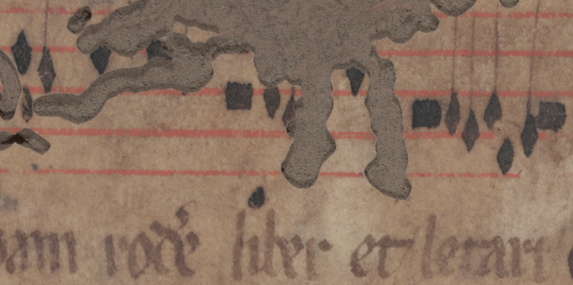A re-enactment of a forgotten liturgy for St Thomas Becket
When: Tuesday 6 June at 9 pm
Where: New College Chapel
Free entry. All welcome!
The service has been prepared specially by Dr Henry Parkes (University of Nottingham), currently Albi Rosenthal Visiting Fellow in Music at the Bodleian Library. His research project ‘Music in the Shadows: Staging the Medieval Night Office’ explores the cultural history of Christian night worship through a mixture of archival, performance-led and ethnographic research.
Many Oxford colleges preserve the late evening office of Compline, once sung daily. But in medieval times there was a much more substantial service to follow, known as Nocturns, Vigils, or the Night Office.
New College Choir will enact a short-form Night Office as it might have been known in 15th-century Oxford, to explore how this now- forgotten liturgy worked in performance. In southern England from the late 14th century on, Tuesdays were commonly given over to the veneration of St Thomas Becket. This service recreates a ‘commemorative’ Tuesday Becket office, as precribed in late medieval books of the Sarum Use—many of which survive in Oxford libraries.


